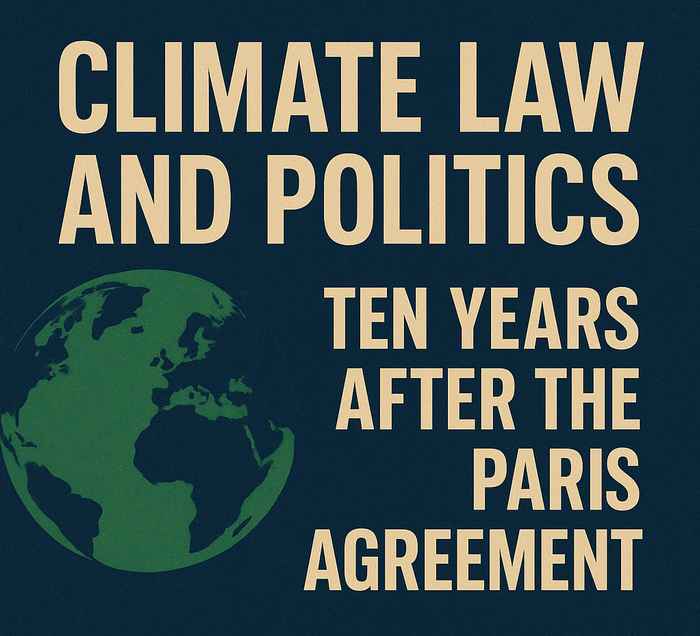Climate Law and Politics Ten Years after the Paris Agreement
- Date
- 28 October 2025
- Time
- 11:15 -18:00
- Location
- Roeterseilandcampus - building A
- Room
- A3.15
- Organised by
- Christina Eckes & Ingo Venzke

The International Court of Justice (ICJ)’s recent Advisory Opinion (AO) marks a watershed moment in the judicial interpretation of international climate obligations, including centrally the Paris Agreement. The ICJ articulated states’ obligations concerning climate change within the broader architecture of international law. In doing so, the Court confirmed that states have far-reaching obligations that, while requiring further articulation, cannot be ignored. It embedded these obligations, also internationally, within a normative framework that draws on human rights, intergenerational equity, and state responsibility. The AO locates Paris within international law, strengthens its authority and amplifies its implications for ongoing and future domestic and regional adjudication, as well as international negotiations.
Ten years after the adoption of the 2015 Paris Agreement, the landscape of climate litigation has transformed significantly. The Paris Agreement, while celebrated for its universality and ambition, is criticized for its reliance on nationally determined contributions and the lack of binding enforcement mechanisms. Yet, over the past decade, litigants and courts at both national and regional levels have sought to give Paris tangible legal effect, often by reviewing states’ – and also increasingly companies’ – targets and actions against the stated goals and principles through the prism of human rights and binding national due diligence obligations.
How will legal developments in different regimes and different levels of governance interact? As the tenth anniversary draws near, the speakers will take stock and look to the future: What can we expect from climate law and politics?
